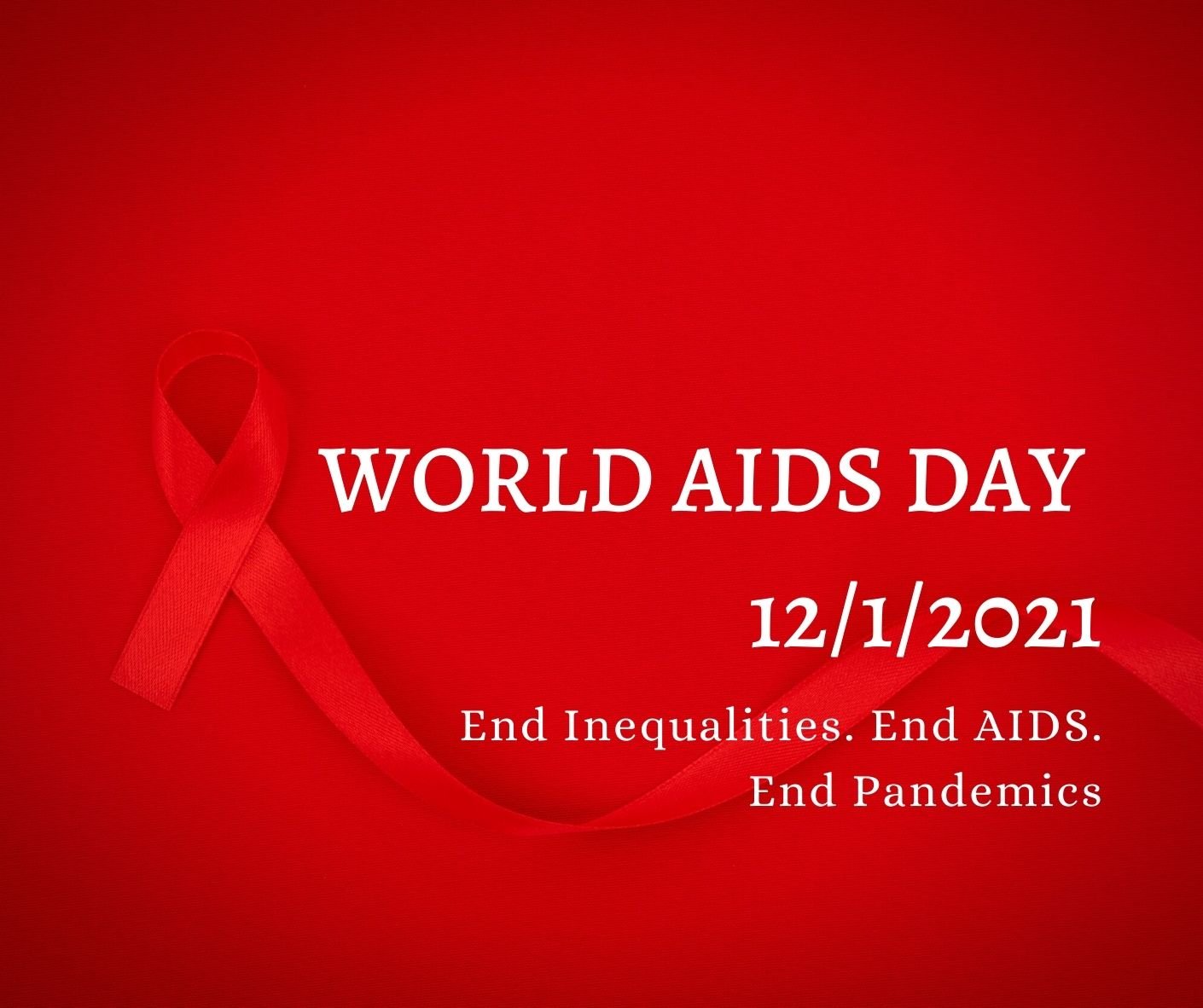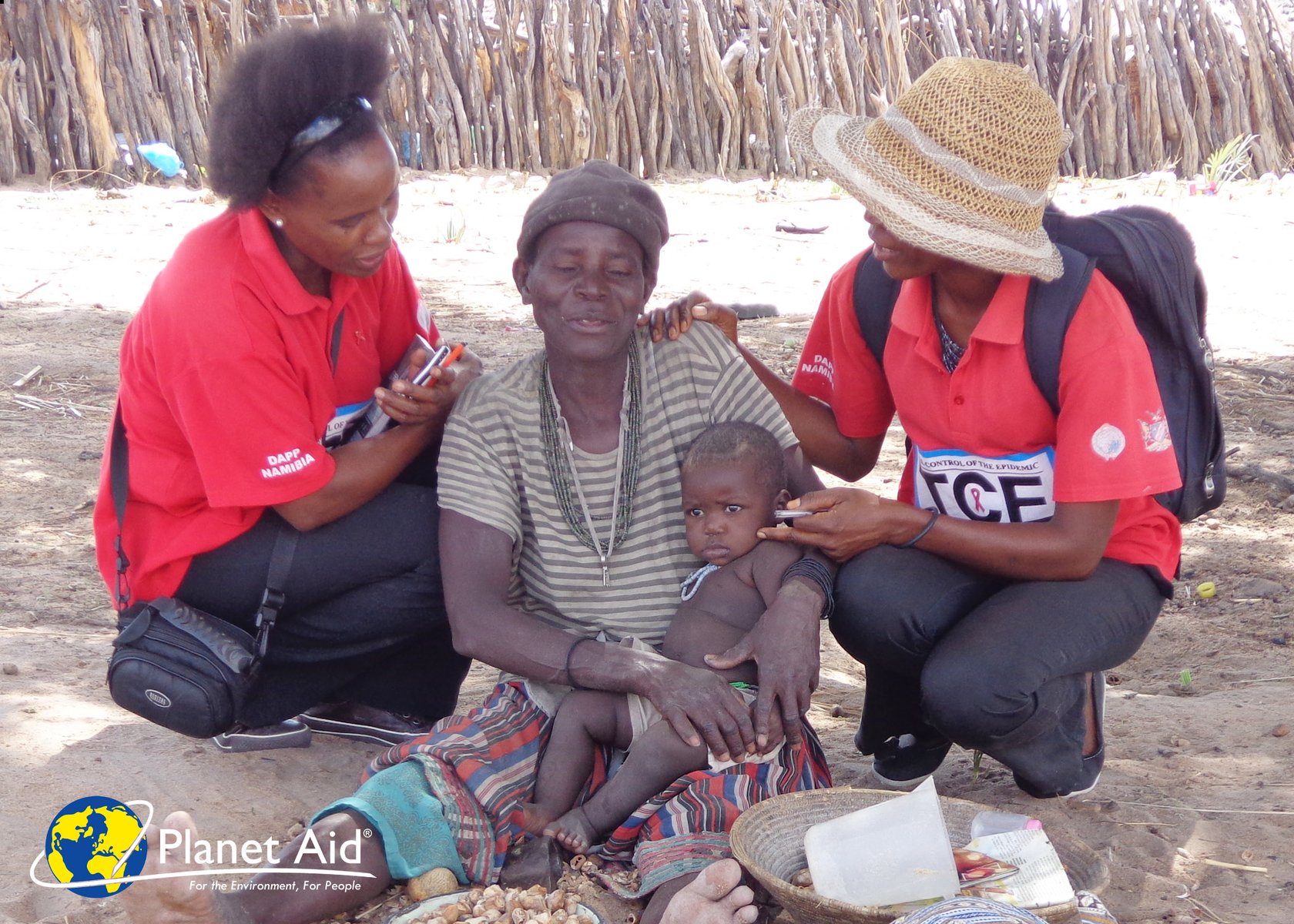Imagine an AIDS-Free Africa

During the first World AIDS day in 1988, the devastation of the pandemic was accelerating with reckless abandon throughout the continent of Africa. Millions were without treatment. Myth, fear, and stigma over the causes of HIV and AIDS overswept reality. Education and prevention were hard to find. Available treatment and medical care? Good luck.
The picture now is much different. Imagining Africa without AIDS was unthinkable 31 years ago. Today it needs to be the goal. Millions now have access to treatment, education, and early intervention. The path forward remains fraught with obstacles, but the end is in sight. However, not one individual, organization, or country can complete the journey alone.
An End to the Epidemic

Total Control of the Epidemic (TCE) is what is needed to get Africa and the rest of the world to an AIDS-free place. This is a revolutionary approach to disease education and prevention. It is about building connections and mobilizing an ever-growing support team that can reach across villages and communities to break down barriers and open up new pathways to progress.
The foundation of TCE lies in building lasting capacity in participants, volunteers, other community members, and local leaders to make the results sustainable. Planet Aid is a part of the Humana People to People (HPP) network to make this approach the standard in Africa and other parts of the developing world. New and creative ways are needed across generations.
Work in South Africa has shown the importance of ongoing efforts to battle stigma. Students are engaged in clubs on how to present information in creative ways through music, dance, art, and plays to tackle stigma. Planet Aid-supported programs have helped people gain a sense of control over the pandemic. The Child Aid South Africa program is building community-based efforts to support children in all areas of development, including HIV/AIDS and TB prevention, education, hygiene, water and sanitation, nutrition, and income generation.
Sustainability is Key
Efforts need to be sustainable and promote sustainability. Community-based efforts open up new avenues for HIV testing and counseling that enable moving those who test positive into treatment quicker and in ways that the disease can be better managed. More people are able to take advantage of the medical progress that continues to flow from research.
There is still much more to be done. While the rate of new HIV infections has decreased by 16 percent since 2010, that rate won't make Africa AIDS free. There needs to be a greater investment in education and other prevention tools. Continued progress relies on commitment and belief. A commitment to the bold idea that Africa — and the rest of the world — will one day be AIDS free. This World AIDS day let us all commit to that belief.
